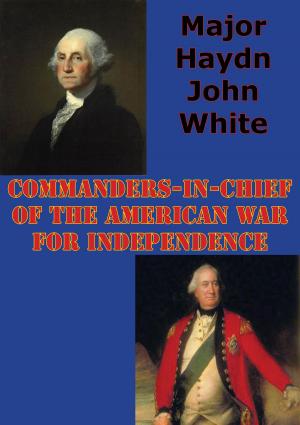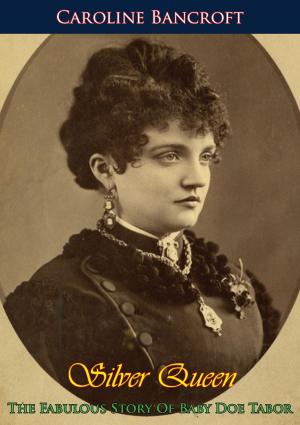John Pope - Failure At Second Battle Of Bull Run
Nonfiction, History, Modern, 19th Century, Americas, United States, Civil War Period (1850-1877), Military| Author: | LCDR Daniel B. Morio USN | ISBN: | 9781786252715 |
| Publisher: | Golden Springs Publishing | Publication: | November 6, 2015 |
| Imprint: | Golden Springs Publishing | Language: | English |
| Author: | LCDR Daniel B. Morio USN |
| ISBN: | 9781786252715 |
| Publisher: | Golden Springs Publishing |
| Publication: | November 6, 2015 |
| Imprint: | Golden Springs Publishing |
| Language: | English |
Was the failure of the Army of Virginia at the Second Battle of Bull Run a result of General John Pope being a failure as a leader or were there other circumstances that helped him in his loss?
General Pope had a long career in the Army that to the Second Battle of Bull Run had gone well. Pope had distinguished himself in the Mexican-American War and had done well early on in the western theater of operations during the Civil War. With his assumption of command in northern Virginia, Pope entered a realm in which he was unfamiliar, not welcomed by the troops he led and out of his league with regards to the Confederate leaders arrayed against him.
Pope’s paranoia regarding commanders who had come from General George McClellan’s Army of the Potomac resulted in a lack of trust in first-hand accounts from senior officers as well as intelligence presented. This lack of trust resulted in his disregarding the fact that General Lee and Longstreet had moved 25,000 Confederate soldiers through Thoroughfare Gap and combined forces with General Jackson and deployed them along the right flank of Jackson’s forces and perpendicular to Pope’s force. This force than proceeded to assail the Union flank to nearly disastrous proportions.
The fog of war has clouded the judgment of many generals throughout history and Pope was no exception. The fog of war negatively affected his imagination and ability to think critically throughout the battle.
Was the failure of the Army of Virginia at the Second Battle of Bull Run a result of General John Pope being a failure as a leader or were there other circumstances that helped him in his loss?
General Pope had a long career in the Army that to the Second Battle of Bull Run had gone well. Pope had distinguished himself in the Mexican-American War and had done well early on in the western theater of operations during the Civil War. With his assumption of command in northern Virginia, Pope entered a realm in which he was unfamiliar, not welcomed by the troops he led and out of his league with regards to the Confederate leaders arrayed against him.
Pope’s paranoia regarding commanders who had come from General George McClellan’s Army of the Potomac resulted in a lack of trust in first-hand accounts from senior officers as well as intelligence presented. This lack of trust resulted in his disregarding the fact that General Lee and Longstreet had moved 25,000 Confederate soldiers through Thoroughfare Gap and combined forces with General Jackson and deployed them along the right flank of Jackson’s forces and perpendicular to Pope’s force. This force than proceeded to assail the Union flank to nearly disastrous proportions.
The fog of war has clouded the judgment of many generals throughout history and Pope was no exception. The fog of war negatively affected his imagination and ability to think critically throughout the battle.
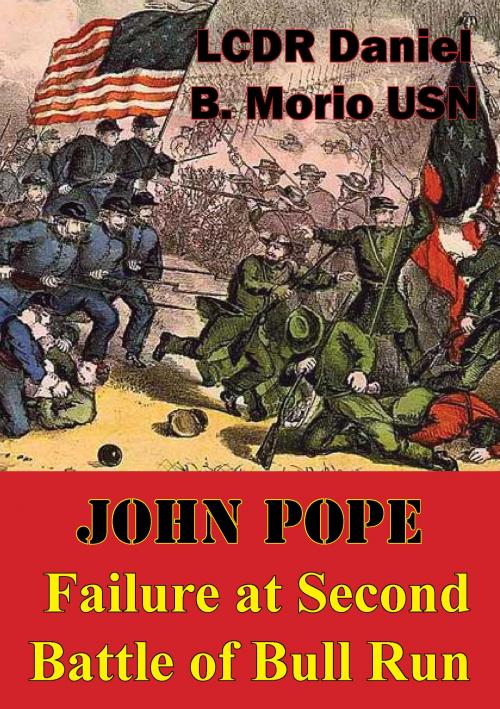
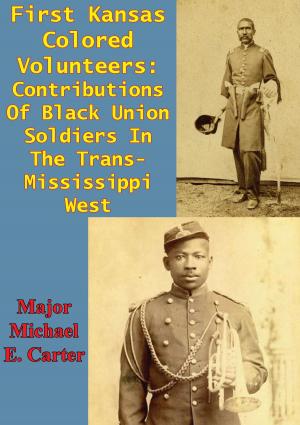
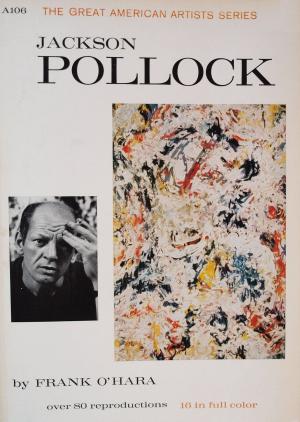
![Cover of the book The War Of The American Revolution: Narrative, Chronology, And Bibliography [Illustrated Edition] by LCDR Daniel B. Morio USN](https://www.kuoky.com/images/2014/august/300x300/9781782896456-bGDt_300x.jpg)
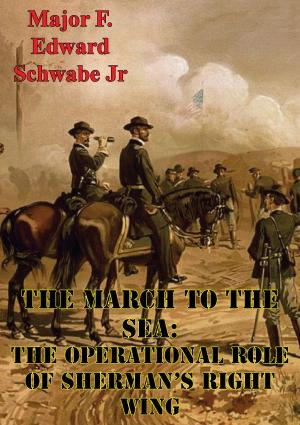
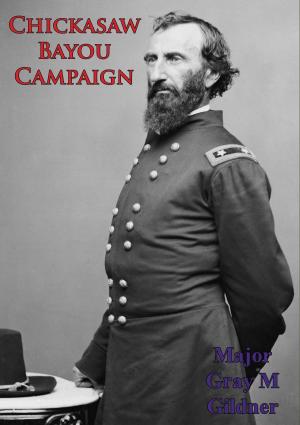
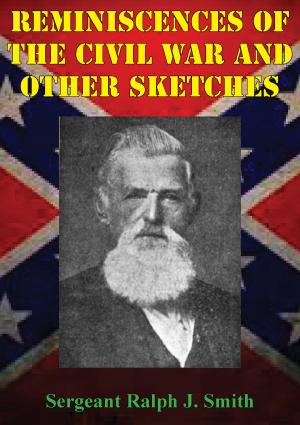

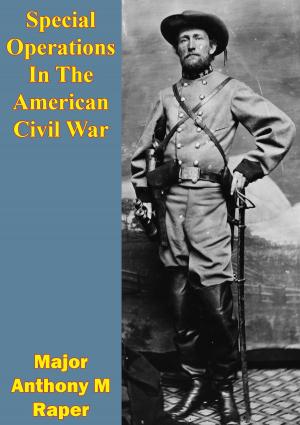
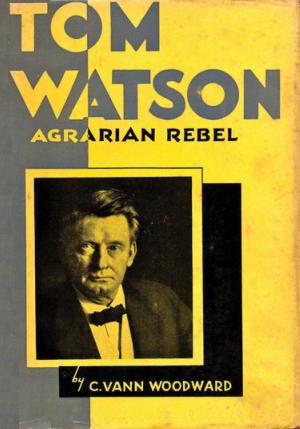
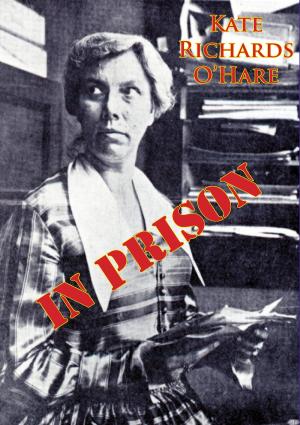
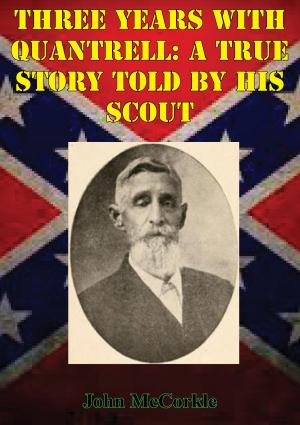
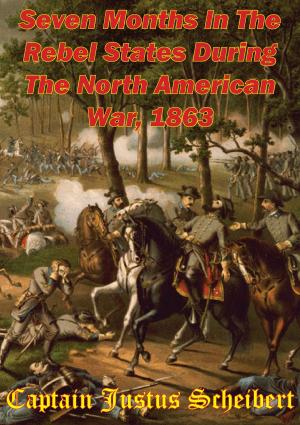
![Cover of the book Second Manassas: An Operational Dynamics Perspective. [Illustrated Edition] by LCDR Daniel B. Morio USN](https://www.kuoky.com/images/2014/august/300x300/9781782894209-xHCg_300x.jpg)
